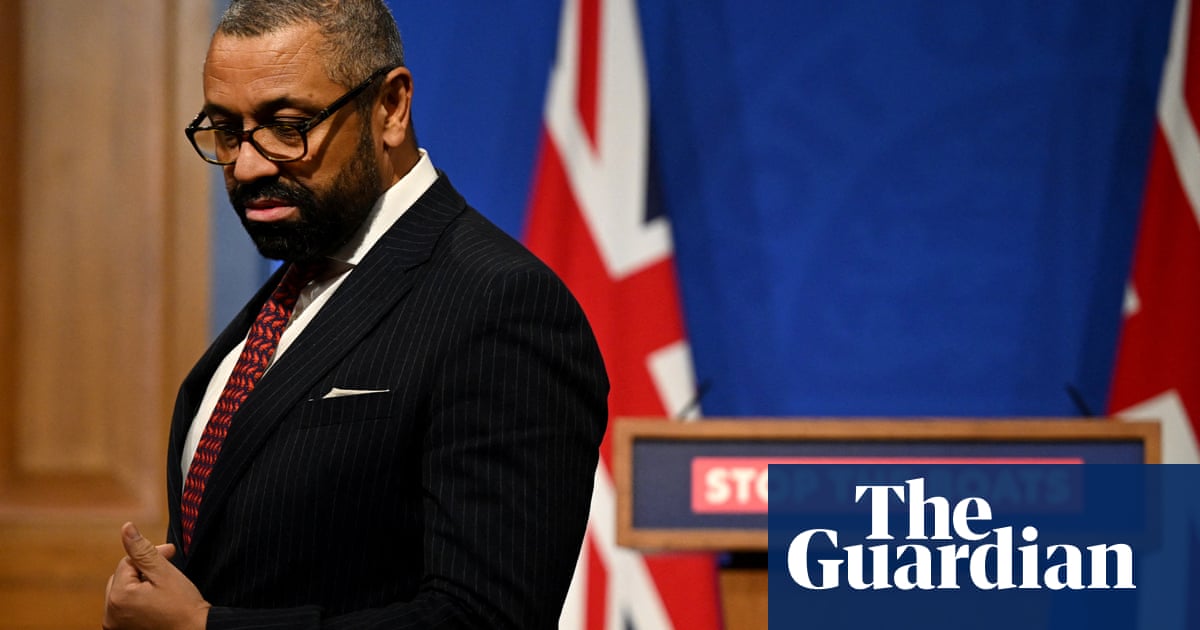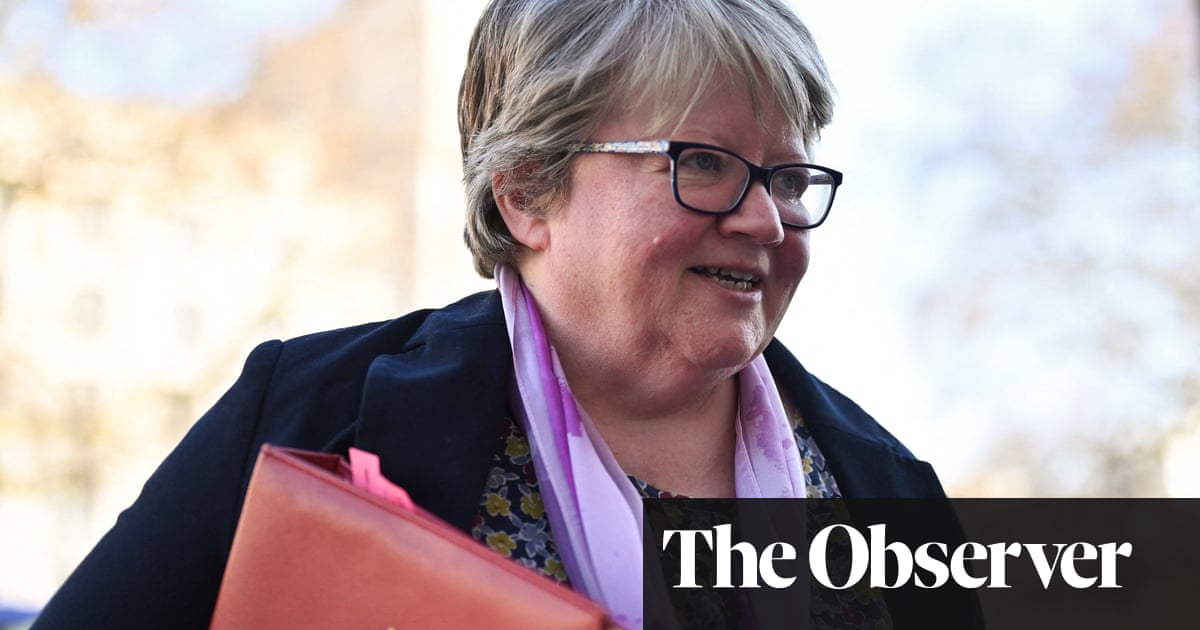
Multinational families threatened with division or exile by tough new income thresholds for living together in the UK are planning legal action to overturn the “cruel and inhumane” policy.
Thousands of families with one British partner and one born abroad will be hit by the government’s announcement that from next spring, only people earning £38,700 will be allowed to bring family members to join them – up from £18,600. Many may be forced either to live separately or to leave Britain to be together.
Reunite Families, a support and campaign organisation for people affected by immigration rules, has instructed the law firm Leigh Day to explore legal avenues to challenge the changes announced on 4 December by the home secretary, James Cleverly, that amount to being “punished for falling in love”, according to one family affected.
Hundreds of people whose lives could be turned upside down by the new rules have contacted the Guardian warning that they will have to leave the UK if they want to stay with their foreign partners. Many work in sectors with severe worker shortages, such as care and social work.
One care worker, 50, said the rule was “ruining our plans for a happy future”; an academic, 35, said: “These new rules terrify me”; a marketing manager said: “Separating families is an atrocity”; and a music teacher, 35, facing a move to Kazakhstan, said they felt the comfort they had worked for “slipping away”.
An administrator at the University of Cambridge said she and her partner from Morocco were being kept apart by the existing salary threshold and were experiencing age-related fertility problems, meaning “this whole system has basically cost us the chance to have our own family”.
The measure was announced as part of what Cleverly called a “crackdown on those who try to jump the queue and exploit our immigration system”.
Grounds for a legal challenge could include the government’s handling of impact assessments of the rule change, questioning how the new £38,700 income minimum has been reached, or whether the change interferes with the right to family life under the 70-year-old European convention of human rights, which the UK helped draft and remains bound by.
“I have never seen our community so galvanised and upset,” said Caroline Coombs, the co-founder and chief executive of Reunite Families, who said the threshold was a “horrendous shock for tens of thousands of British citizens and their loved ones … To declare it just before Christmas and leave people with no details is just utterly cruel.”
Meanwhile, new analysis shows the doubling of the threshold means most people in large parts of the UK will no longer earn enough to live with a partner from abroad, creating a new north-south divide. Three-quarters of people can afford to bring a loved one from abroad, but under the new threshold, more than 60% will not be able to afford it, rising to 75% in the north-east of England.
People in the north-east, Yorkshire and the Humber, the north-west, east Midlands, Wales and Northern Ireland will be worst affected and the south-east will be least affected.
“We have instructed the law firm, Leigh Day, to advise us on potential legal avenues,” Reunite Families said. “Given the absolute lack of information currently provided on the policy, we want further detail from the home secretary on the policy as a first step.”
The government has left open the possibility that even families already living together in the UK under the existing rules could be split up or have to move abroad if they do not meet the new criteria when their visa comes up for renewal. The Home Office said it “will confirm more details in due course”.
But Coombs said: “They need answers now – not next week or next year. For children all over the country, this is an exciting time to spend with Mummy and Daddy and it’s just heartbreaking to know that so many caught up in this will not get the chance to be with one of them now or possibly ever. Even Scrooge and the Grinch saw the light – let’s hope the government will do the same.”
Cleverly indicated this week that the new rules should be “forward-looking rather than backward”, suggesting multinational families already in the UK earning less than the salary threshold could yet be safe.
The supreme court has previously pushed back against the government’s visa rules. In February 2017, it required changes to the way the existing minimum income rule was enforced because the government had a duty to “safeguard and promote the welfare of children”.
In cases where an applicant for a family visa fails to meet the income threshold, decision-makers were instructed to consider “exceptional circumstances”, which might mean refusal breached the right to family life under the European convention on human rights.
Opposition to the threshold change has ranged from the archbishop of Canterbury, Justin Welby, who told the House of Lords he was concerned at the “negative impact this will have on married and family relationships”, to Labour’s shadow home secretary, Yvette Cooper, who said the new rules could lead to a “big increase in rushed marriages” in the months before they take effect.
The marriage guidance charity Relate told the Guardian that a rush to cement relationships because of the looming increase in the income threshold carried risks.
“Rushing into a long-term relationship before you feel ready can be quite traumatising and can prove very difficult, especially when there is pressure on,” said Ammanda Major, the head of service quality and clinical practice. “[When] one partner is saying, ‘We need to get married to do this,’ it’s easy to get swept along with it … You can become a bit blind in the rush.”
The Home Office has said the higher salary threshold is needed so that family members from abroad joining British citizens “are not burdening the state”. It said families can be exempt in “exceptional circumstances where there would be unjustifiably harsh consequences for the applicant, their partner, a relevant child, or another family member if their application were to be refused”.
“The prime minister has made clear that current levels of migration to the UK are far too high,” a Home Office spokesperson said. “We have a longstanding principle that anyone bringing dependents to live in the UK must be able to financially support them. The minimum income requirement ensures that families are self-sufficient instead of relying on public funds, with the ability to integrate if they are to play a full part in British life.”












